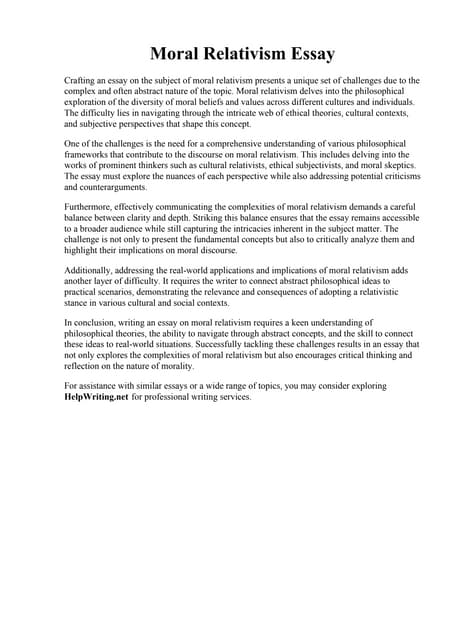Two co-workers of mine have had a years-long debate over the proper meaning of the phrase, “lion’s share.” One colleague argued that the phrase referred to the entirety of something. “He has the lion’s share of the pie.” means that he got the entire pie. She based her argument on this bit from Aesop:
The Lion went once a- hunting along with the Fox, the Jackal, and the Wolf. They hunted and they hunted till at last they surprised a Stag, and soon took its life.
Then came the question how the spoil should be divided.
"Quarter me this Stag," roared the Lion; so the other animals skinned it and cut it into four parts. Then the Lion took his stand in front of the carcass and pronounced judgment:
"The first quarter is for me in my capacity as King of Beasts; the second is mine as arbiter; another share comes to me for my part in the chase; and as for the fourth quarter, well, as for that, I should like to see which of you will dare to lay a paw upon it."
"Humph," grumbled the Fox as he walked away with his tail between his legs.
But he spoke in a low growl…
“You may share the labors of the great, but you will not share the spoil.”
Her opponent, referring to dictionaries and the like, argued that while the phrase may have had that meaning in the past, common usage no longer warrants that meaning: “lion’s share” now refers to the largest part or portion. Dictionary.com has the following definition:
the largest part or share, especially a disproportionate portion: The eldest son received the lion’s share of the estate.
I contributed to the debate by offering the following:
May I suggest that this argument is being conducted in two dimensions (wrong and right) when it appears there is a third dimension: time. When you add this third dimension, propositions can be both true and false (or wrong and right) depending on the temporal index. E.g. it is raining outside is true on the assumption that the temporal index is “now” (if in fact it is now raining outside). But the proposition, “it is raining outside” may be false if the assumed or stated temporal index is “yesterday” (and yesterday was sunny).
Applied, we might say, “Previously, lion’s share meant the whole kahuna, but today it means the largest portion.”
In order to settle the debate, the two protagonists reached out to word maven Charles Harrington Elster. He wrote back citing the OED and phrases from uses in literature. He concluded that “lion’s share” refers to the largest portion not the entirety. He wrote,
Not even a mention of "all or nearly all" there, and the citations do not support that interpretation. And I can attest that I have never heard or read the phrase used to mean "all, everything," only "the largest or greatest portion." Insisting that it must mean "all" is a pedanticism on the order of insisting that it’s "to paint the lily" instead of "gild," or it’s "all that glisters is not gold" instead of "glistens," because that’s what Shakespeare actually wrote. Some of us know how the Bard wrote it, but good luck saying it the original way.
So, although the largest portion of anything may sometimes be all (as it wound up being for Aesop’s lion, who made outright claim to only three quarters), long-established usage has favored the sense of "most or almost all — especially a disproportionate share (like that original lion’s claim)." For me, usage has the lion’s share of authority in this case.
This type of flexibility in language seems to support the Kripkean view of causality. Kripke’s picture of the causal theory of reference denies that reference occurs when a person states that a name ("Kripke") is identified by a person by way of a description alone ("the person that discovered frame semantics for modal logic") because on this model, it’s possible that a different person than Saul Kripke could have discovered frame semantics and that person would be named Kripke.
The causal theory says that reference is established by a direct casual chain that originates in some "baptism" and the name is passed through the chain to each person who references the original object in terms of that causal chain. The baptism establish the object as the recipient of the name and the name is passed through the chain as the referent of that object. (See Searle’s Intentionality, 244)
John Searle counters that the introduction of the name in the baptism is "entirely descriptivist" and that the causal account is an Intentional account and not an externalist one. By this I believe he means that the "referring" is done by an Intentional act of believing the name is causally connected to an object at the end of the chain. "What fixes the reference is an Intentional content which may or may not also have an external causal connection to the object." (235) Further, Searle says that on Kripke’s view, "each speaker must intend to refer to the same object as the person from whom he learned the name."
For Searle, the type of causation that the causal theory must be externalist in nature. He does allow for a "descriptivist" causal connection which is Intentional. An intentional causal connection is one where the object satisfies some Intentional state and the name is established through that satisfaction. This is the type of causation involved when an object is baptized to have a specific name (particularly through ostention).
In the case of a phrase like “the lion’s share,” the meaning is established by intention then disseminated by literature or usage. While reference is reasonably stable—its rare that a term or phrase takes on a wholly different meaning from original usage—its also interesting that language is as malleable as it is.







